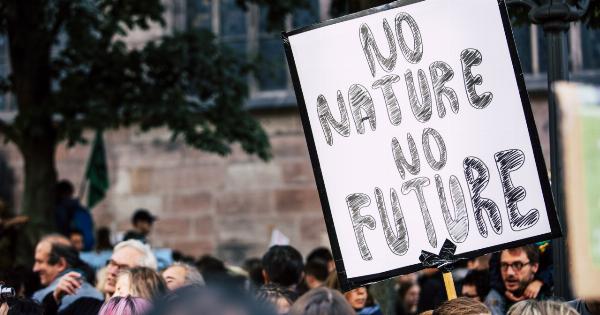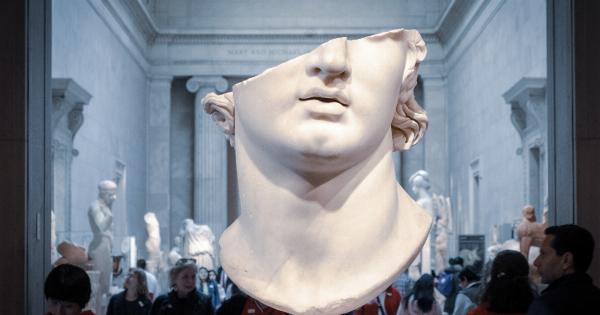In any democratic society, the electorate wields immense power. They have the ability to shape the destiny of a nation through their choice of political representatives. However, this power is not always governed by reason and logic.
Instead, it is often influenced by carnal urges and primal instincts that reside within us all. This article explores the depths of these urges and their impact on the political landscape.
1. The primal need for security
When it comes to electing leaders, the desire for security often takes precedence over other considerations. Humans are wired to seek safety and protection, and politicians who promise to deliver these are more likely to gain public support.
This primal need for security stems from our fear of the unknown and the inherent vulnerabilities of human existence.
2. The allure of charisma
Charisma is a powerful and seductive force that can captivate and manipulate the electorate. It taps into our deep-seated desires for connection, affirmation, and validation.
Charismatic leaders can sway public opinion with their charm, eloquence, and ability to inspire. Unfortunately, charisma does not always equate to competence or integrity, leading to the rise of demagogues who exploit the carnal urges of the electorate.
3. The hunger for power
Power is a primal craving that resides within us all. The electorate is not immune to this hunger, and politicians who exude strength and dominance often appeal to our carnal instincts.
We are drawn to leaders who promise to protect our interests and wield authority over others. This insatiable thirst for power can blind us to the flaws and ulterior motives of those we elect.
4. The desire for validation
The electorate often seeks leaders who validate their beliefs, values, and prejudices. We are naturally inclined to surround ourselves with like-minded individuals who reinforce our sense of identity and purpose.
Politicians who tap into these tribal instincts by pandering to specific groups gain their unwavering support, regardless of facts or rationality.
5. The need for change
Change is an inherent part of human nature. We are constantly seeking progress and improvement in every aspect of our lives. When the electorate grows dissatisfied with the status quo, their carnal urge for change becomes a decisive factor in elections.
This desire for something new and different can be both transformative and destabilizing, shaping the course of history.
6. The influence of emotions
Emotions play a crucial role in the decision-making process of the electorate. Politicians who can elicit strong emotional responses, such as fear, anger, or hope, are often successful in winning support.
Our primal instincts hijack logic and reason, leading to impulsive choices that may not align with our long-term interests.
7. The allure of populism
Populist leaders exploit the carnal urges of the electorate by presenting themselves as champions of the people against an establishment that is perceived as corrupt or self-serving.
They tap into the collective frustrations and grievances of the masses, promising radical change and sweeping reforms. Populism harnesses the power of simplistic solutions and appeals to our yearning for a better future.
8. The impact of identity politics
Identity politics has become a potent force in electoral politics. People naturally gravitate towards leaders who share their demographic characteristics or cultural backgrounds.
This primal urge to align ourselves with those who resemble us fosters tribalism and division, often overshadowing other important considerations like policy or competence.
9. The seduction of conspiracy theories
Conspiracy theories tap into our innate curiosity and desire for secret knowledge. The electorate is often susceptible to these theories, as they feed into our primal instincts for fear and suspicion.
Politicians who peddle conspiracy theories can manipulate the electorate’s cognitive biases, leading to the erosion of trust in institutions and the spread of misinformation.
10. The search for a savior
At times of societal upheaval or crisis, the electorate seeks a savior figure who can lead them out of turmoil. This carnal urge for a strong and decisive leader can blind us to their faults and transgressions.
The desire for a messiah-like figure who can restore order and provide a sense of security can lead to the erosion of democratic values and the concentration of power.



























